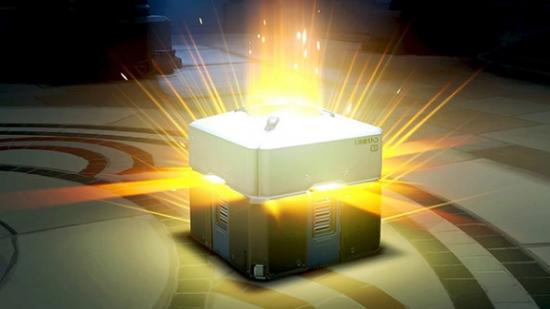GTA and Civilization publishers Take-Two do not view loot boxes as gambling, according to their president Karl Slatoff.
How many of these exciting upcoming PC games will have loot boxes?
Slatoff was speaking at a media and technology conference organised by Credit Suisse (as reported by Gamespot). Of loot box mechanics, Slatoff says:
“We don’t view that thing as gambling… our view of it is the same as the [Entertainment Software Association] statement for the most part; so [potential legislation is] going to play its course.”
Slatoff is referring to a statement given by the ESA to Rolling Stone a couple of weeks ago, in which they say “loot boxes are a voluntary feature in certain video games that provide players with another way to obtain virtual items that can be used to enhance their in-game experiences. They are not gambling.”
Slatoff went on to acknowledge the hostile view of loot boxes, and microtransactions more generally, but suggested that as long as they’re implemented in a way that feels fair to players and enhances their experiences, there’s no real problem. At least, I think that’s what he said. There’s an awful lot of corporate-speak to wade through:
“In terms of the consumer – the noise you hear in the market right now – it’s all about content and over-delivering on content… It’s about making making sure you’re focused on engagement, and I think that has been our strategy; that has been our focus. And as long you keep your eye on that ball, you’re going to be okay. The consumer’s going to be really happy with what they get.”
On the company’s last earnings call, Take-Two’s CEO Strauss Zelnick said they plan to only release games with “some ability to engage on an ongoing basis” and “recurrent consumer spending” options – such as microtransactions – from now on.
Games ratings agencies like the USA’s ESRB and Europe’s PEGI have said that the definition of gambling is out of their hands; it’s up to lawmakers, and loot boxes don’t qualify by most current laws because they guarantee rewards – it’s just that those rewards aren’t necessarily the ones you want. One would’ve thought that appealing to this fact in defence of loot boxes is safer ground for publishing execs than appealing to consumer value, but with politicians across the West taking a renewed interest in gaming monetisation, perhaps they feel a need to justify loot boxes more fundamentally.
